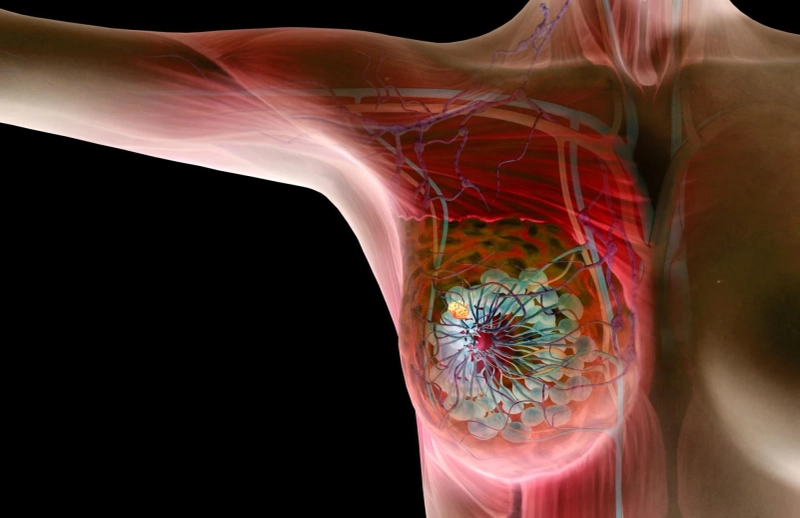Breast cancer is the most common cancer among women worldwide, with over 2.2 million new cases diagnosed each year. However, thanks to advances in research and treatment, the survival rate for breast cancer has improved significantly in recent decades.
One of the most significant advances in breast cancer treatment has been the development of targeted therapies. These drugs work by targeting specific molecules involved in cancer growth, making them more effective and less toxic than traditional chemotherapy. Targeted therapies have been shown to be particularly effective for women with HER2-positive breast cancer, a subtype of the disease that is driven by the HER2 protein.
Another major advance has been the development of immunotherapy. Immunotherapy drugs work by boosting the body's own immune system to fight cancer. These drugs have shown promise in treating a variety of cancers, including breast cancer.
In addition to targeted therapies and immunotherapy, there have also been advances in other areas of breast cancer treatment, such as surgery and radiation therapy. For example, minimally invasive surgery techniques have been developed that can remove tumors with less pain and scarring. Radiation therapy techniques have also been improved, making them more precise and effective.
As a result of these advances, the outlook for women with breast cancer is increasingly positive. The five-year survival rate for women with breast cancer is now over 90%, and this number is expected to continue to improve in the years to come.
Here are some other promising advances in breast cancer treatment:
Breast cancer vaccines: Researchers are developing vaccines that could help prevent breast cancer or prevent it from coming back after it has been treated.Gene therapy: Gene therapy is a technique that could be used to repair or replace genes that are mutated in breast cancer cells.CAR T-cell therapy: CAR T-cell therapy is a type of immunotherapy that uses the body's own immune cells to fight cancer. This therapy has shown promising results in treating some types of leukemia, and it is being studied for use in breast cancer.These are just a few of the many advances that are being made in breast cancer treatment. With continued research, it is likely that even more effective and less toxic treatments will be developed in the years to come.
Explore for More Information: https://bit.ly/45ekc6h


